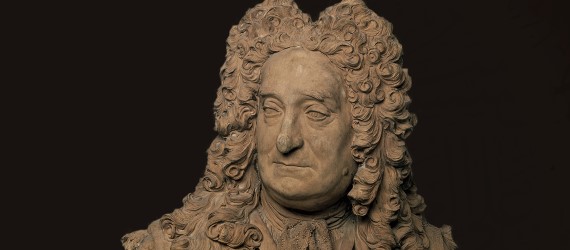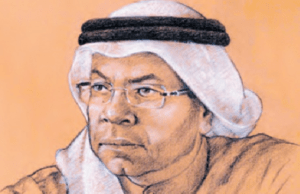The British Museum, home to some of the world’s most treasured historic artifacts, has moved the bust of its founder from a display pedestal because of his links to slavery.
The sculpture of Hans Sloane, whose huge bequest of artifacts formed the original basis of the museum, is still available for public viewing, but has now been placed in a display cabinet alongside objects and descriptions that reflect his colonial activities.
The vast museum in London, which houses historic artifacts such as the Elgin Marbles and the Rosetta Stone, was founded in 1753 and opened in 1759.
According to the museum’s website, Irish-born Sloane was a doctor who collected objects from around the world. His patients included three monarchs: Queen Anne and Kings George I and II.
Sloane’s collecting career began in 1687 when he sailed to Jamaica, then an English colony. There, he worked as a doctor on slave plantations and as a physician to the colony’s new governor. He also collected plant and animal specimens.
He later married an heiress to sugar plantations in Jamaica worked by enslaved people, “profits from which contributed substantially to his ability to collect in the ensuing years,” the website states.
The bust remains in the Enlightenment Gallery, where it was previously on display, but has been repositioned and contextualized.
Hartwig Fischer, director of the British Museum, said the bust’s new position acknowledges that the founding collection was partly funded by the labor of slaves and the slave economy.
“Dedication to truthfulness is crucial, when we face our own history,” Fischer said in a statement to CNN, adding that the new placement allows the museum to acknowledge Sloane’s relationship to the British Empire and the slave trade.
“Sloane allows us to highlight the complexity and ambiguity of this period, he was a physician, collector, scholar, benefactor and slave owner,” Fischer said.
“We will continue to explore our history and we will do this in collaboration with people from across the globe to rewrite our shared, complicated and, at times, very painful history as equals.”
In recent months, institutions and communities around the world have been reconsidering the legacies of historic figures in response to the global Black Lives Matter protests.
Many cities have removed statues and monuments honoring controversial historic figures, including Christopher Columbus, former Belgian’s King Leopold II and British slave trader Edward Colston./
edition.cnn.com




